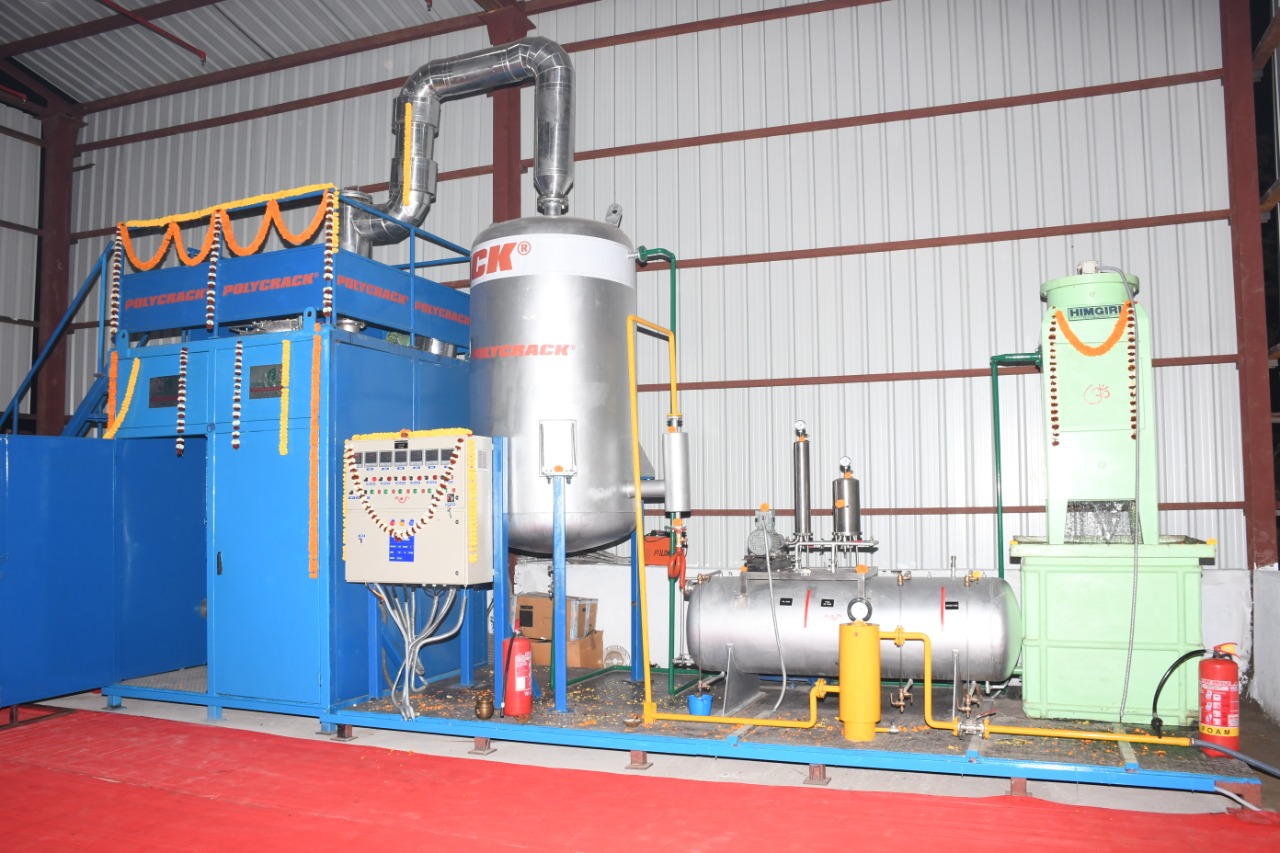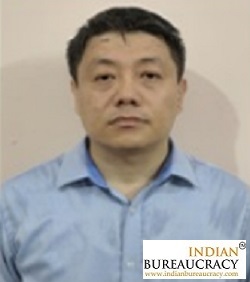
PIB News Update: Indian Railways has commissioned country’s first governmental Waste to Energy Plant, having capacity of 500 Kg waste per day, in Mancheswar Carriage Repair Workshop at Bhubaneswar in East Coast Railway. Member Rolling Stock, Shri Rajesh Agarwal inaugurated this plant on 22nd January 2020 along with GM, East Coast Railway. This Waste to Energy Plant has been constructed in three months.
This Waste to Energy Plant, a patented technology called POLYCRACK, is first-of-its-kind in Indian Railways and fourth in India. It is world’s first patented heterogeneous catalytic process which converts multiple feed stocks into hydrocarbon liquid fuels, gas, carbon and water. Polycrack Plant can be fed with all types of Plastic, Petroleum sludge, Un-segregated MSW (Municipal Solid Waste) with moisture up to 50%, E–Waste, Automobile fluff, Organic waste including bamboo, garden waste etc., and Jatropha fruit and palm bunch. Waste generated from Mancheswar Carriage Repair Workshop, Coaching Depot and Bhubaneswar Railway Station will be feeder material for this plant.
The process is a closed loop system and does not emit any hazardous pollutants into the atmosphere. The combustible, non-condensed gases are re-used for providing energy to the entire system and thus, the only emission comes from the combustion of gaseous fuels. The emissions from the combustion are found to be much less than prescribed environmental norms. This process will produce energy in the form of Light Diesel Oil which is used to light furnaces.
FEATURES OF POLYCRACK TECHNOLOGY –
Polycrack has the following advantages over the conventional approach of treating solid waste:-
- Pre-segregation of waste is not required to reform the waste. Waste as collected can be directly fed into Polycrack.
- It has high tolerance to moisture hence drying of waste is not required.
- Waste is processed and reformed within 24 hours.
- It is an enclosed unit hence the working environment is dust free.
- Excellent air quality surrounding the plant.
- Biological decomposition is not allowed as the Waste is treated as it is received.
- The foot print of the plant is small hence the area required for installing the plant is less when compared with conventional method of processing.
- All constituents are converted into valuable energy thereby making it Zero Discharge Process.
- Gas generated in the process is re-used to provide energy to the system thereby making it self-reliant and also bring down the operating cost.
- There is no atmospheric emission during the process unlike other conventional methods except for combustion gases which have pollutants less than the prescribed norms the world over.
- Operates around 450 degrees, making it a low temperature process when compared with other options.
- Safe and efficient system with built-in safety features enables even an unskilled user to operate the machine with ease.
- Low capital cost and low operating cost.
- Fully automated system requires minimum man power.
AWARDS AND RECOGNITION –
This process has been awarded with the Best innovation Gold Medal in 2007 by Lockheed Martin, Dept of Science & Technology, Govt. of India, FICCI; Best Innovation Gold Medal 2007; Best Innovation Gold Medal 2008; Best Innovation Gold Medal 2009; Nominated for Tech-Museum Awards 2008; Frost & Sullivan – Global Innovation and Leadership Award -2011 and IGCW-2011 – Best Green Chemistry Innovation Award.
BRIEF DESCRIPTION OF WASTE TO ENERGY PLANT –
- Total plant installation cost : Rs 1.79 crore
- Date of commissioning : 22 Jan 2020
- Estimated income from the byproducts : Rs 17.5 Lakhs per annum
- Maintenance cost : Rs 10.4 Lakhs per annum
- The capacity is : 500kg/ Batch







Leave a Reply
You must be logged in to post a comment.